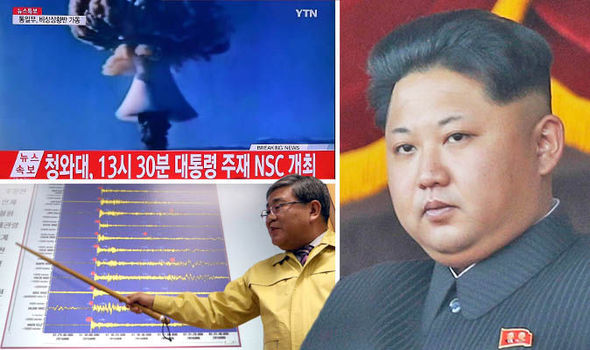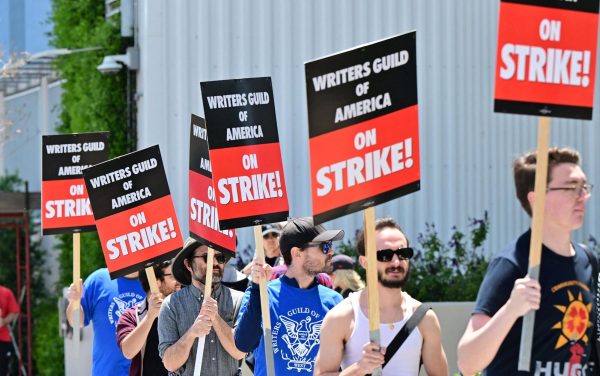North Korea’s H-Bomb Test Problematic for U.S.

When it comes to nations that have a poor reputation, North Korea ranks near the top of the list. The mistreatment of citizens by its government, the flaunting of missiles, and the constant threat of using said missiles (mostly towards the U.S. and South Korea), and many more incidents of that nature have earned the ire of many nations.
North Korea had been pretty quiet for a while until last week when Kim Jong Un proclaimed that its military has tested a hydrogen bomb. Granted, details are scarce and North Korea has recently faked footage of a ballistic missile going off, so there is a possibility of the hydrogen bomb claim being fake as well, but the details haven’t proven false yet. Nevertheless, North Korea’s claims caused quite a stir amongst many nations, and while it will die down, it won’t go out quickly.
Since the test occurred, the U.S. Senate has moved to place sanctions on North Korea. While the Senate is still debating the matter and nothing concrete has been confirmed, there is a high possibility that the sanctions will occur. What has occurred is an upgrade in the Giant missile defense program after North Korea made claims that it was on the brink of war and that the hydrogen bomb could “wipe out the whole territory of the US all at once.” All of which could just be arrogance on the part of the North Korean government, although government officials have claimed that they weren’t out to threaten anyone and that the test was mostly just a way to keep the enemies of the state from attacking.
Since North Korea’s announcement, the U.S. has reportedly flown B-52 bombers (which are capable of carrying nuclear bombs) four minutes south of the North Korean border, causing an increase in tensions between the two nations. U.S. Lieutenant General Terrence J O’Shaughnessy has gone on to say that, “As demonstrated by today’s mission, the combined U.S. and Republic of Korea [South Korea] air forces work and train together closely every day, and we are totally prepared to meet any threat to our alliance.”
Ever since the end of the Korean War in 1953, North Korea and South Korea have been unfriendly neighbors. Their clashing ideologies and political alliances have kept them enemies for decades. There have been skirmishes near the border many times, but there hasn’t been a full out conflict between the two nations for years. However, with the recent controversy over North Korea’s hydrogen bomb and the militarization of both countries, the stakes are at an all-time high. While the possibility of a third world war to occur as a result of this situation is very unlikely, the likelihood of a modern Korean War is somewhat possible.
North Korea has once again shown its teeth to the world with its recent hydrogen bomb threat. Whether it’s legitimate or just made up to cause strife is irrelevant; the whole affair has caused a whole slew of other problems. The increased militarization and the worsening of relations between nations are just two of those. The possibility of this getting any worse is still up in the air, so it can either die down or further escalate. Again, it could just be flaunting on the part of the North Korean government, but it doesn’t seem likely. Either way, the problems caused by North Korea’s hydrogen bomb threat are likely to go away any time soon.










